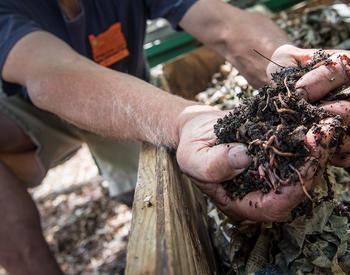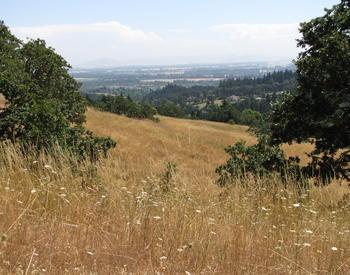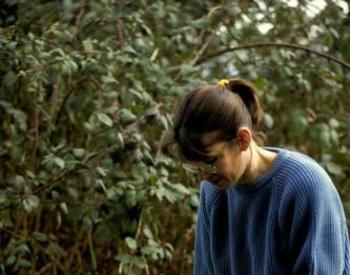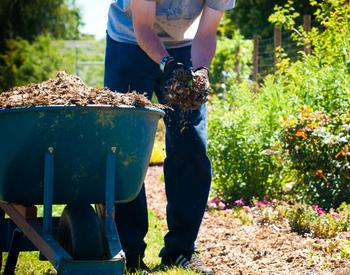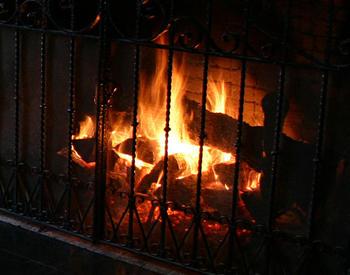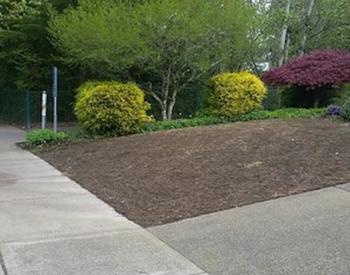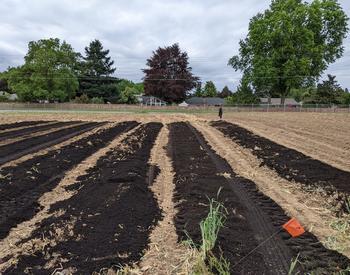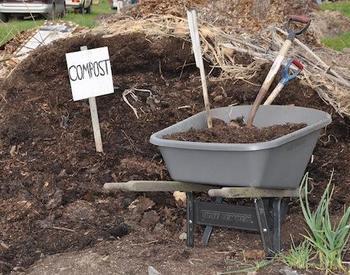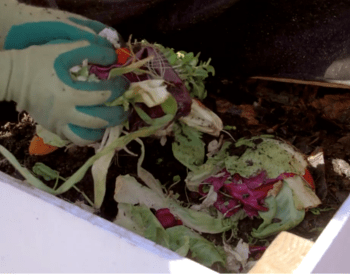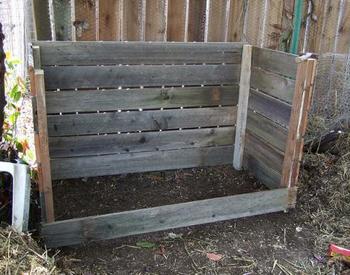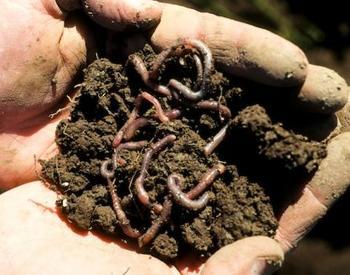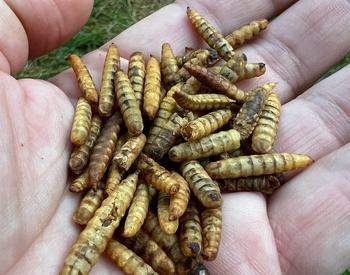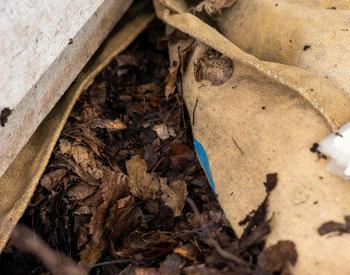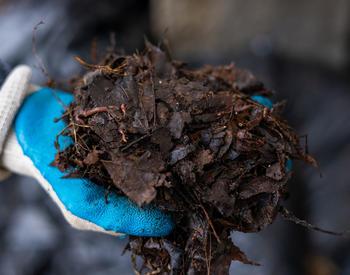After pulling out plants from summer garden what procedure is necessary for prepping them for my compost pile. Also can I use stems and limbs in the pile. I do not have a shredder yet. Not sure I need to buy one.
The number one rule that applies to your question is never to put anything into a compost pile that you don't want more of. So, for that reason, I make the effort to remove any seed heads of plants I don't want more of. I also remove, as much as possible, fruits (any degree of maturity) of tomatoes. Inevitably, I will miss some, and there are always plenty of volunteer tomatoes, flowering tobacco, calendula, etc. I just try to manage next season's weeding chores while building this season's compost pile.
Managing plant material for composting
Stems and limbs are a valuable source of plant nutrients and organic matter, and represent a fair portion of the carbon sequestered by the plant. I manage these materials in multiple ways:
- Things that I can cut with a hand tool, I cut. Cutting and shredding increase the surface area of the materials. The bacterial and fungi doing the work in a compost pile do so largely by spreading enzymes on surfaces. More surface equals more enzymes equals faster composting.
- For things like flower stems or corn stalks, which will largely become hollow during their decomposition, I cut into shorter lengths. Ditto for twigs. By "shorter lengths," I mean 8-12 inches, but that's merely arbitrary. When I have these materials, I like to start a compost pile with a thick layer (3-6 inches) of them on the bottom, to promote airflow.
- Things too large to cut with a hand tool (pruner type) and things that are just plain big and woody, might go into the current compost pile, if it's only a little bit. Expect anything larger to spend more than one cycle in the compost pile, as larger materials just take longer to break down. Conversely, you might designate an area on your property for larger branches to decompose over the course of years. Of course, if you heat with wood, woody materials of any size can be burned.
On the matter of a chipper or shredder, I have composted for my adult life without one. Or rather, there have been brief interludes of used chippers. I'm not very interested or adept at maintaining electrical equipment, and frankly, I'm afraid of most gasoline powered equipment. You can certainly rent this equipment periodically rather than buying it. Renting is a good way to have hands-on experience with a piece of equipment you are considering buying. I think to shred or not to shred is a matter of preference.
